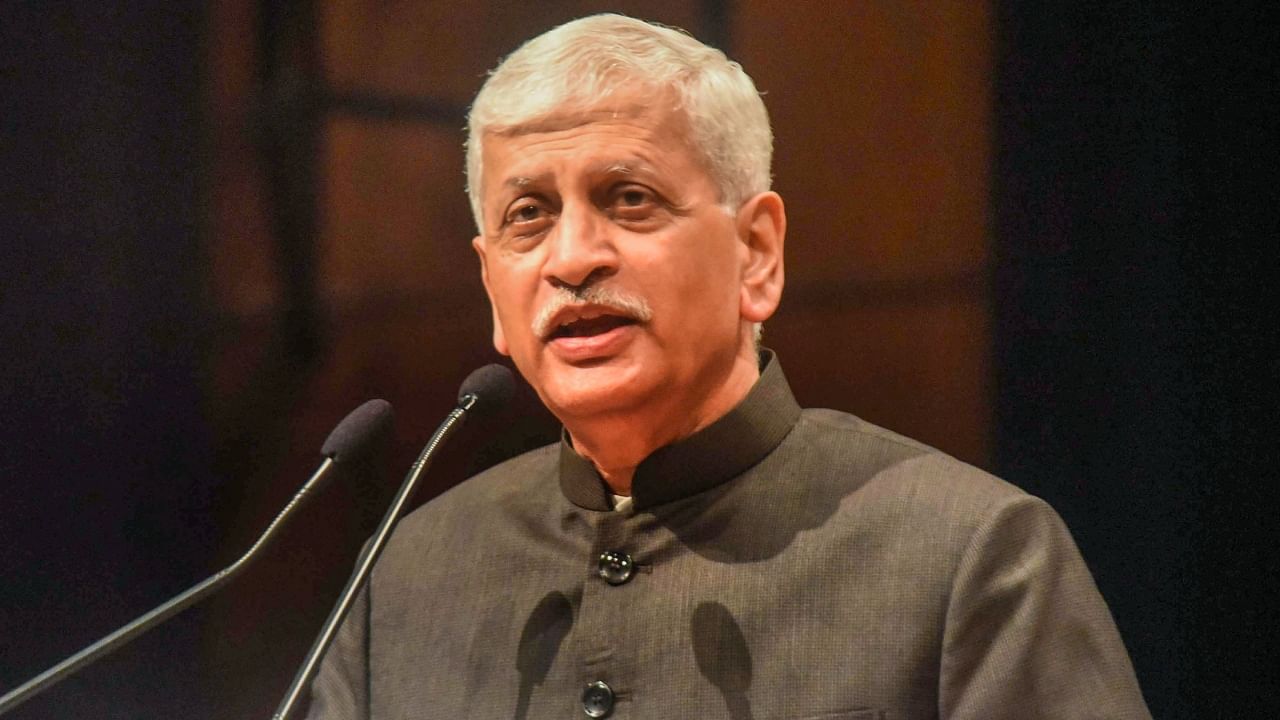
Former chief justice of India U U Lalit said the judiciary has faced instances of challenge and attempts at interference but dealt with these appropriately to ensure its independence.
He said in order to have a thriving democracy, one must have an independent judiciary because it is through dispute resolution that society is assured of governance by the rule of law.
"There are various challenges that the judiciary has to face today," he said, asserting, "therefore, we have to be strong as a judicial fraternity… We must bear every kind of pressure, onslaught or any kind of interference."
Also Read | A political interest plea rightly rejected
Speaking at a symposium on 'Independent judiciary: Critical for a vibrant democracy' held by the Bharat Chamber of Commerce here on Saturday evening, he said there have been instances of court decisions subjected to executive interference, but these have been appropriately dealt with ensuring the independence of the judiciary.
The former CJI said attributes of independence of the judiciary are impartiality, fairness in action, reasonableness and complete integrity for the purpose of dispute resolution.
Noting that the "citadel never falls except from within", the former CJI said this is the expression with which the district judiciary is to be protected.
Lalit said the district judiciary is not under the control of anybody except the high court in the state.
"All their postings, promotions, appointments and even transfers are supposed to be only at the recommendation of the high courts," he said.
Also Read | A crucial ruling for fair elections
Holding that there should be no outside interference with the functioning of the judiciary, he said a number of articles in the Constitution ensure there is no interference in the functioning of an individual judge or the judiciary in general.
"One way to ensure the independence of the judiciary is to have an atmosphere where the people responsible for discharging judicial functions must have a sense of complete freedom and lack of interference from any agency," he said.
The ex-CJI said the shoulders of the judiciary are quite strong to deal with any kind of external onslaught from any force.
Supreme Court judge Justice Hima Kohli said the independence of the judiciary is not just a principle but a moral imperative.
"The relevance of an independent judiciary cannot be overstated, especially in a country like ours which is not just a democratic republic; it has been described in the Constitution as a sovereign, socialist, secular and democratic republic," she said.
Justice Kohli said to discharge constitutional duties, the judiciary must be independent and impartial.
"It must be free from any external and internal influence," she said, maintaining that judicial independence is not just a facet of the fundamental rights of citizens but also an essential condition for maintaining a vibrant and democratic social order.
She said the independence of the judiciary has been upheld by the Supreme Court in a host of landmark cases.